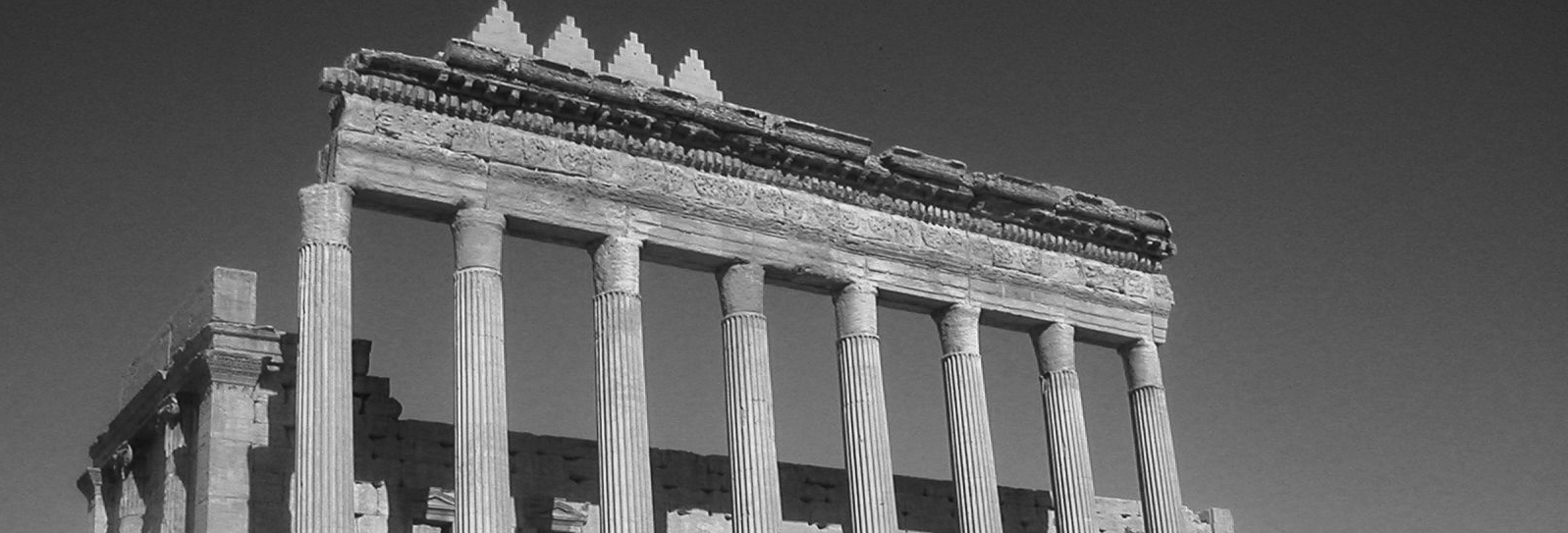

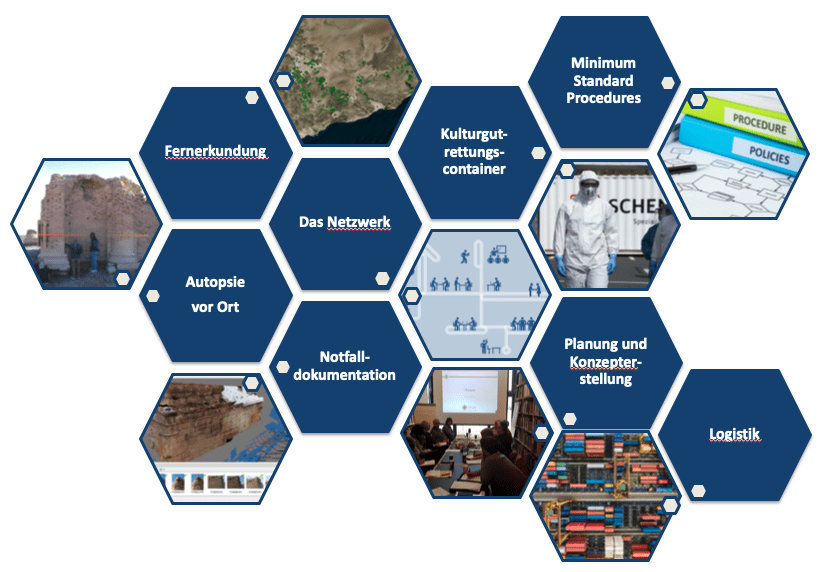
To protect and preserve cultural heritage in all phases of a crisis effectively and sustainably, the essential requirements are well-prepared and rapidly available digital information as well as well-trained and competent decision-makers. For this reason, the project “KulturGutRetter (KGR) – An emergency mechanism for cultural heritage in crisis situations” was initiated.
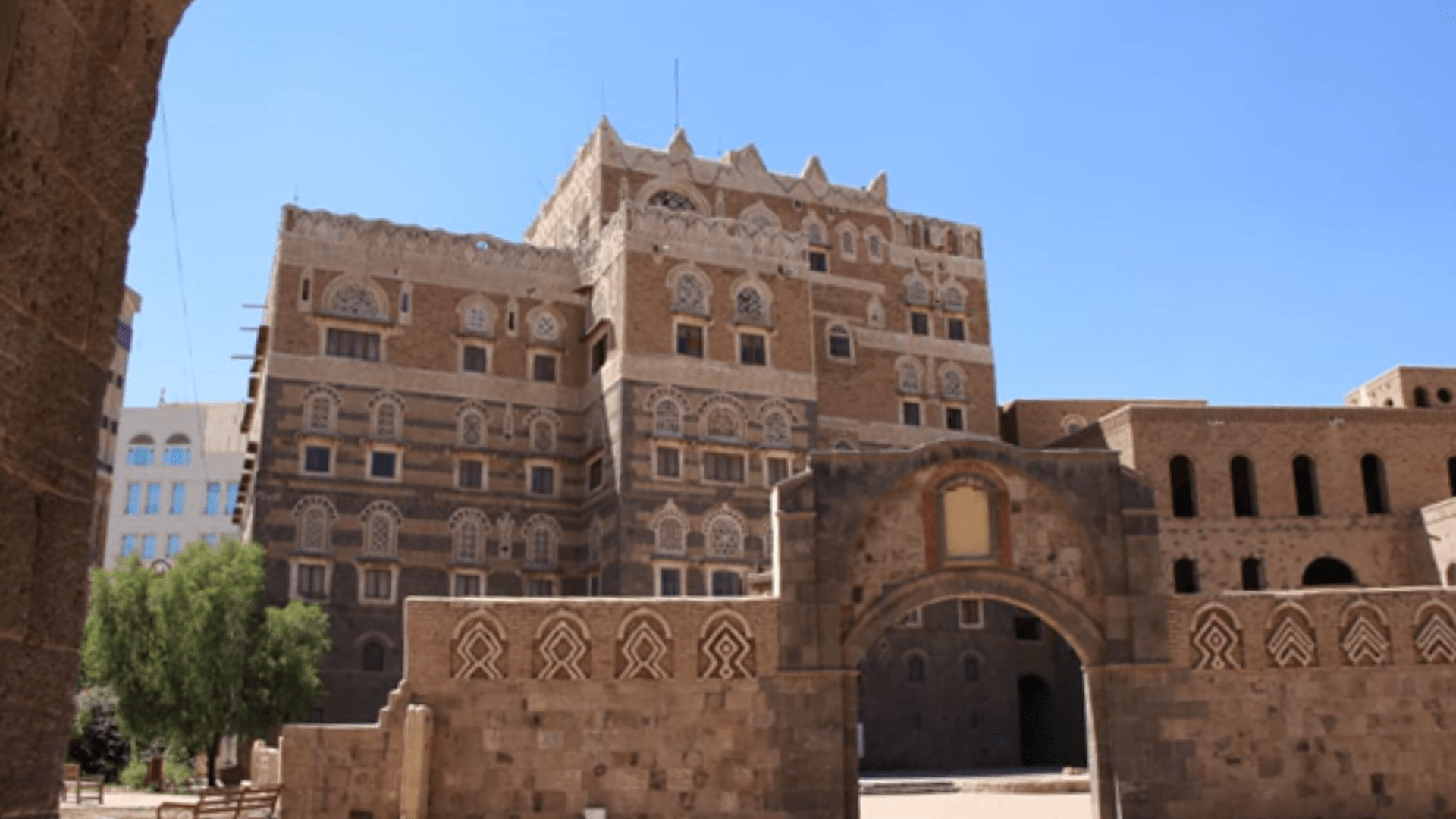
Virtual Museum Collections of Yemen – Post-Conflict Recovery of Yemeni Museums is a project that centres on the photogrammetric record of museum collections at risk and on capacity building measures on the ground. The long-term aim is to enable the collections to be presented in the form of virtual museums.
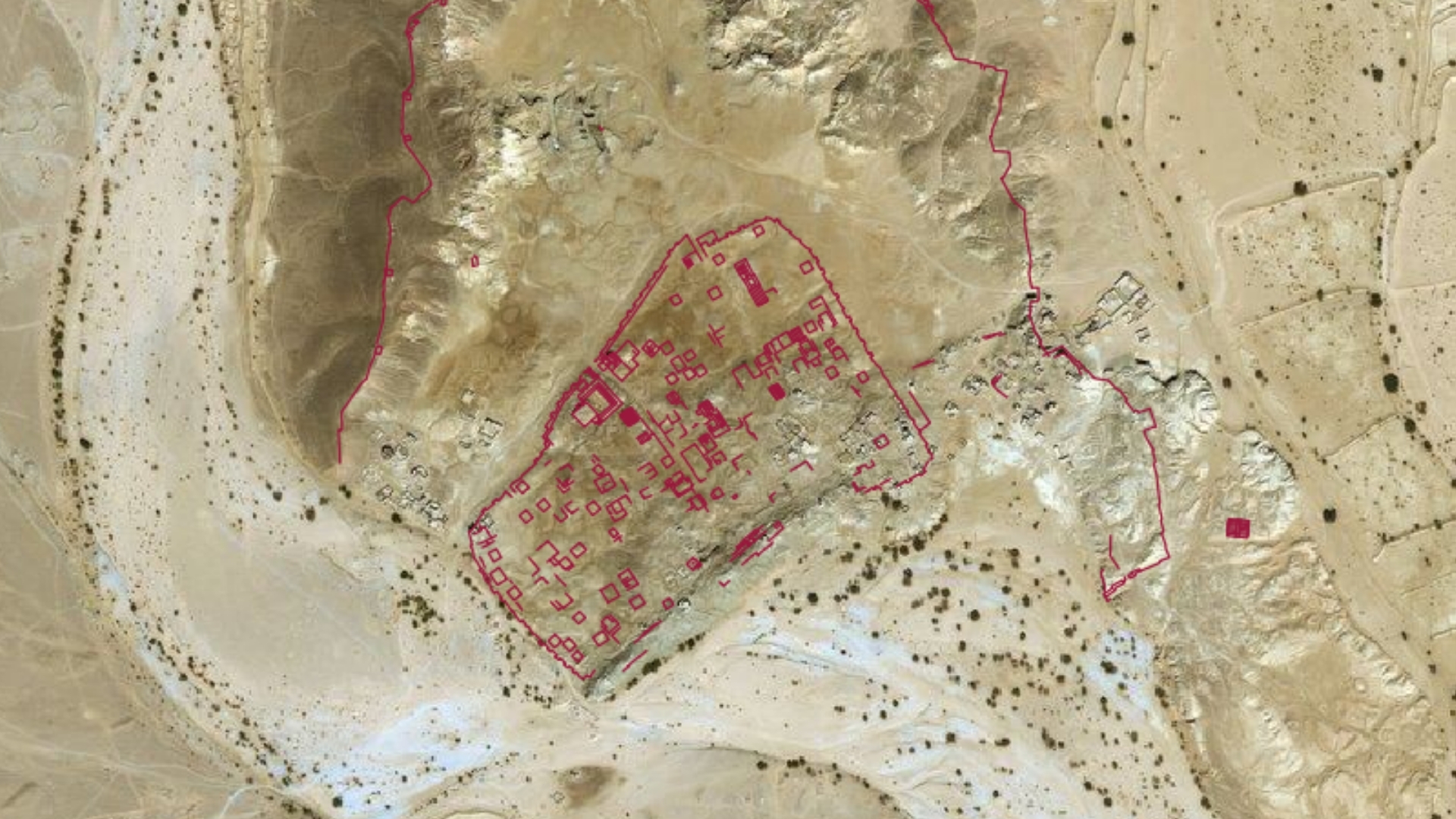
A digital information system, the Ancient Yemen Digital Atlas (AYDA), contributes to the protection and preservation of Yemen’s cultural heritage. The Ancient Yemen Digital Atlas (AYDA) documents the ensemble of monuments and archaeological sites across the country and is a tool for archiving various archaeological research data in a web-based monument information system in English and Arabic.
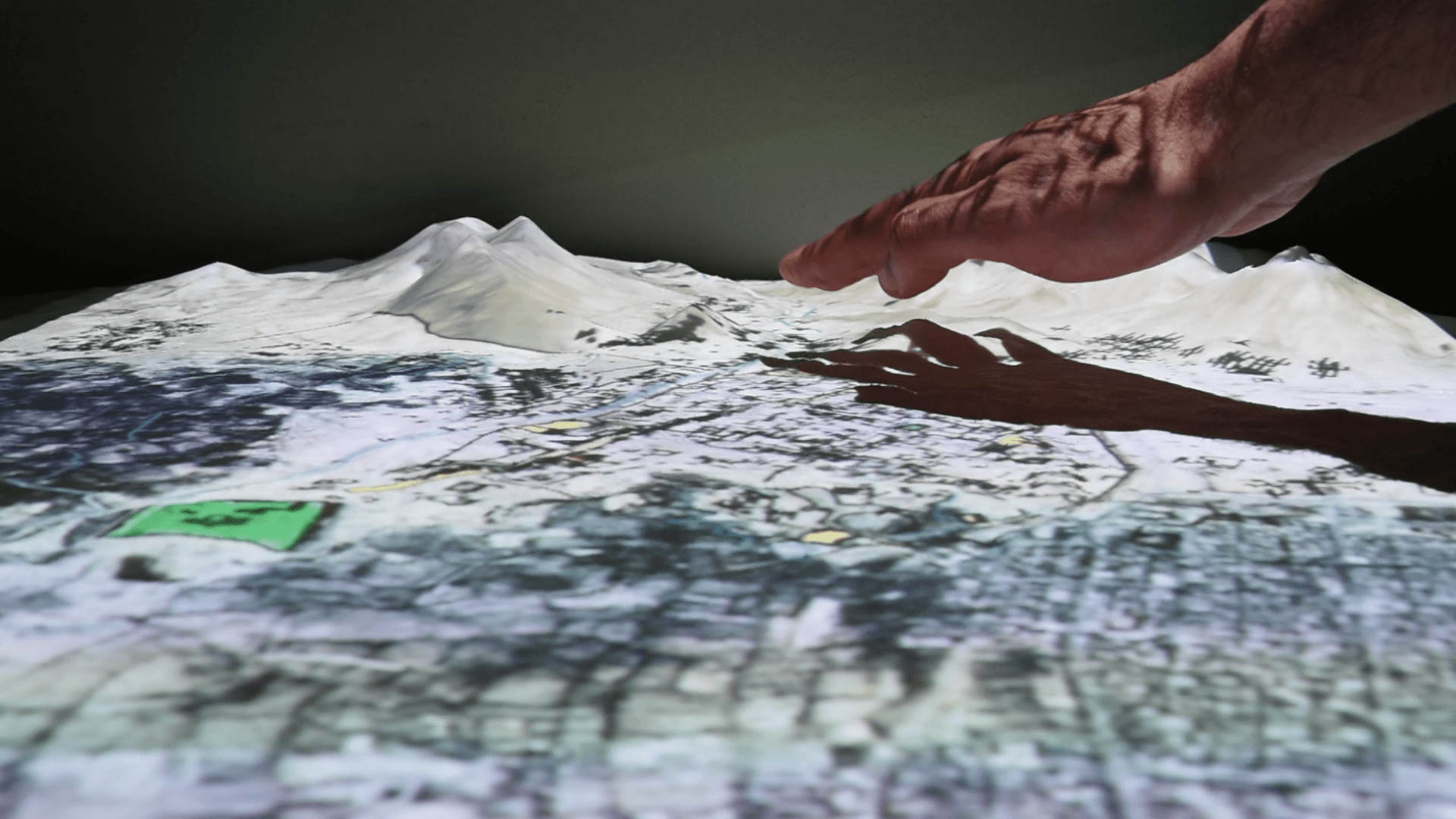
Scientist of the German Archaeological Institute (DAI) have developed the digital webbased application „Palmyra GIS“ and the printed 3D terrain model of Palmyra. Specialists digitalised analog data sets and created new digital data, which is accessible now for the first time.
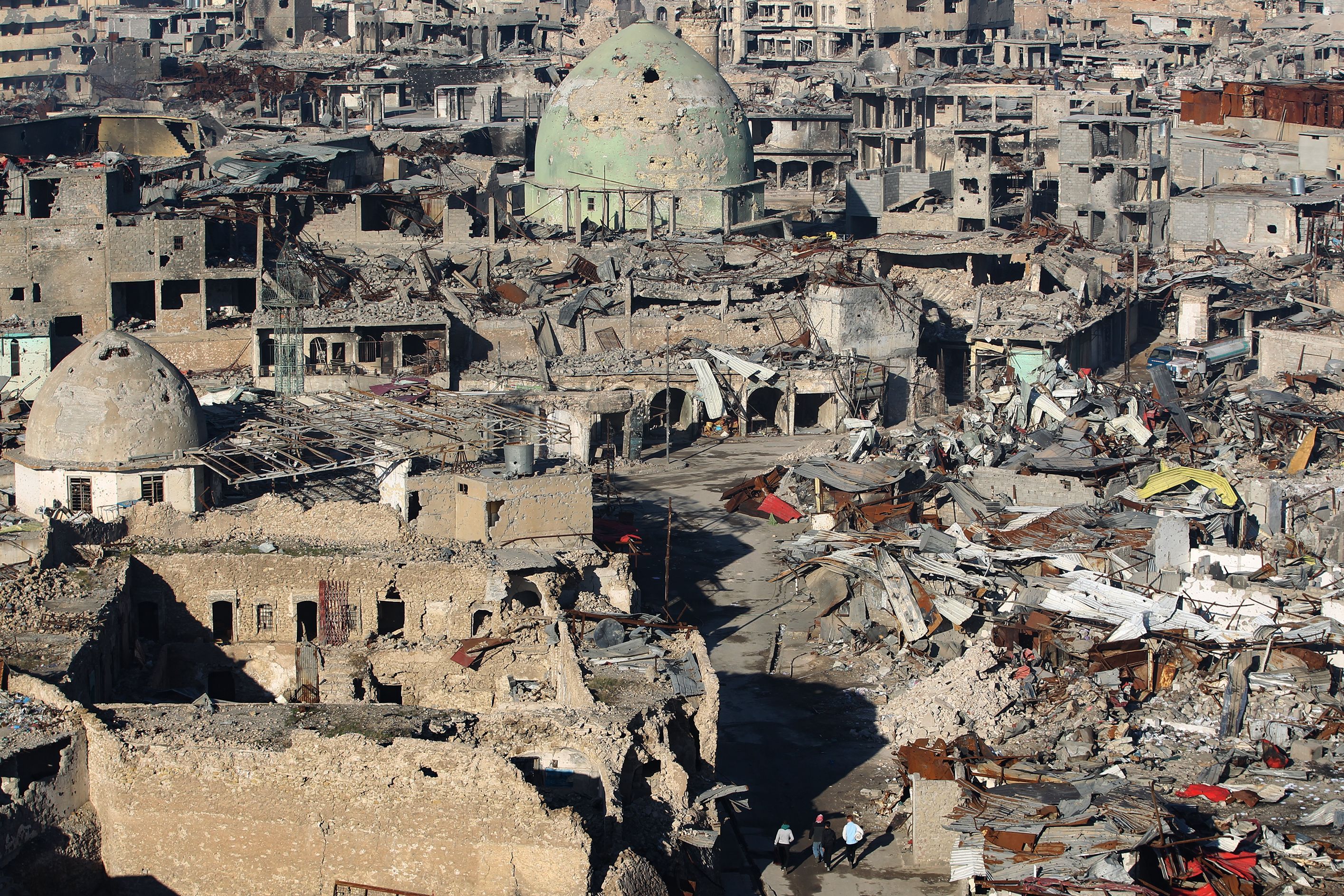
These measures, conducted under the umbrella of the Archaeological Heritage Network – ArcHerNet and „Stunde Null – A Future for the Time after the Crisis“, was implemented to support the protection and restoration of cultural heritage in the war-damaged cities of the Middle East.
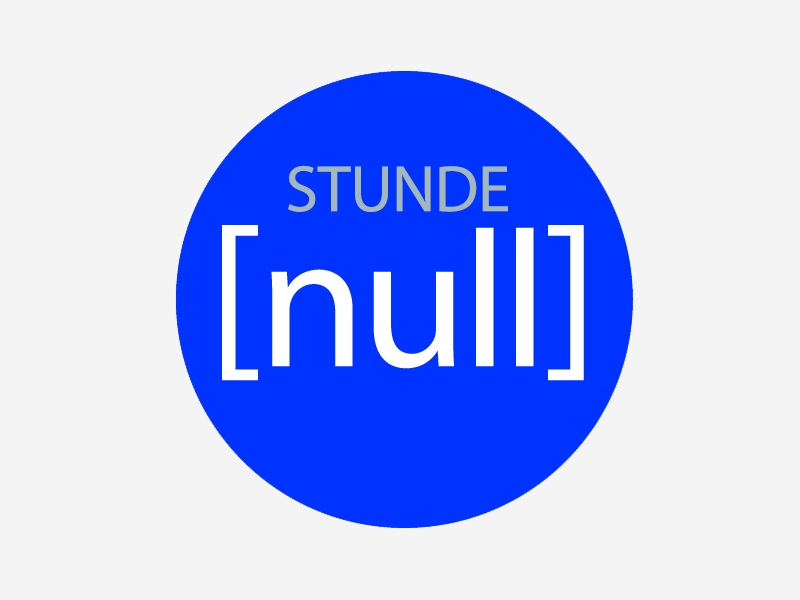
The project “Stunde Null – A Future for the Time after the Crisis” is the first joint project conducted by the members of the Archaeological Heritage Network. It is financed by the Federal Foreign office and was founded in 2016. Its aim is to procure capacities and foundations in crisis-ridden countries for the time after the crisis.
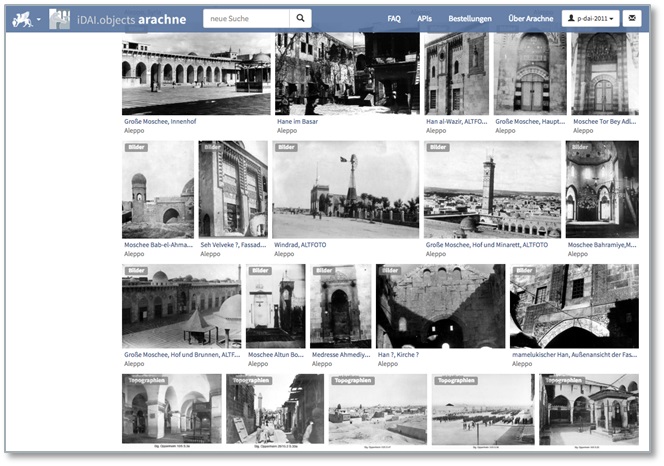
Unlocking informations, which are key to the preperation of reconstruction measures are a fundamental module of “Stunde Null – A Future for the Time after the Crisis”.
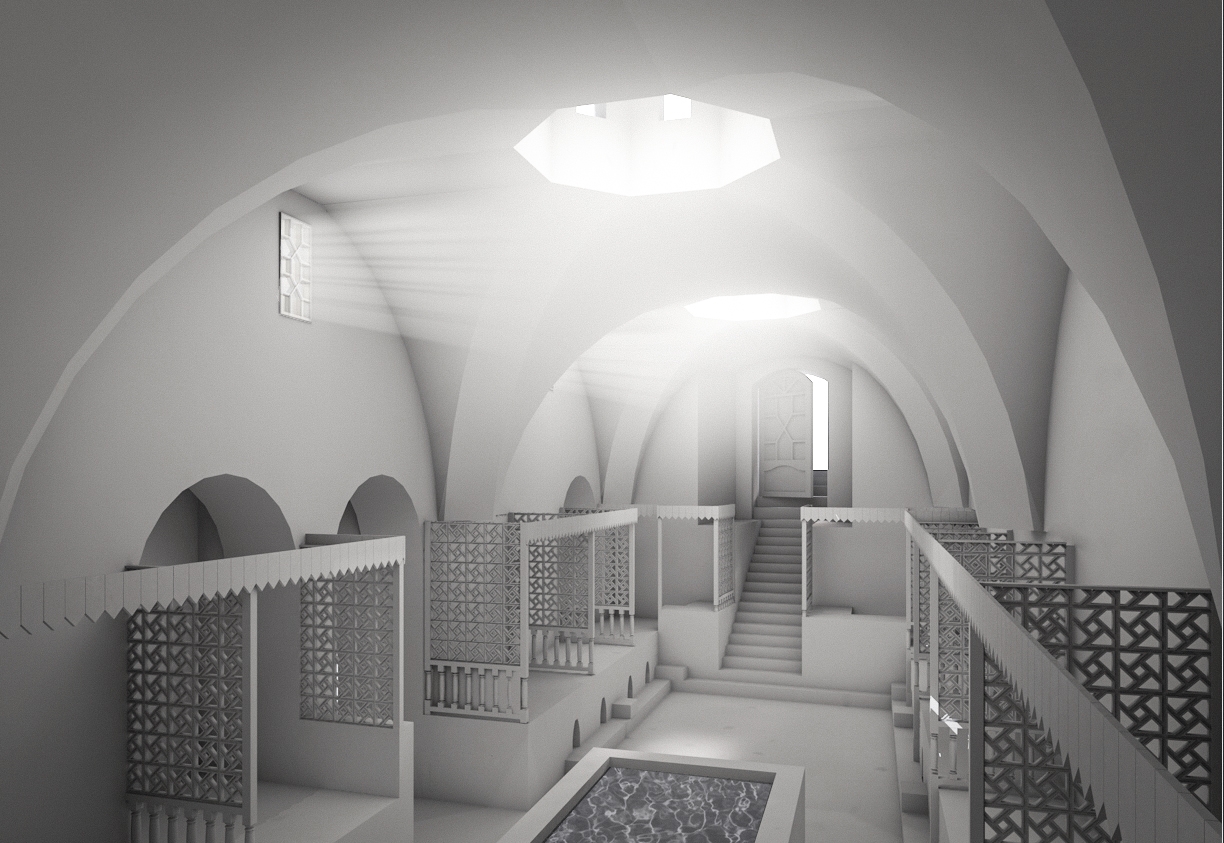
The digital 3D-model of the Aleppo bazaar serves as a cultural heritag measure and supports the establishment of a group of experts and young professionals.
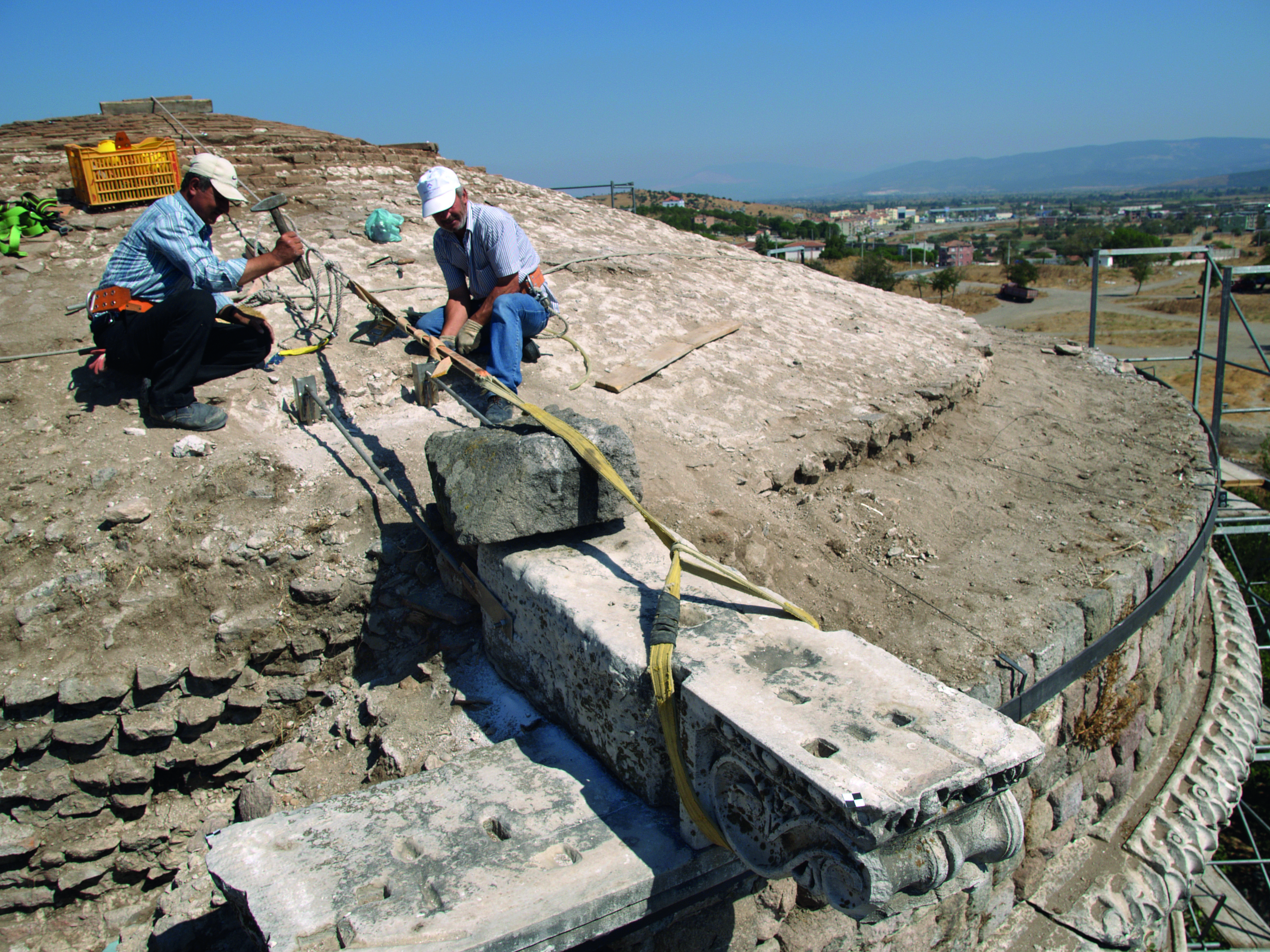
The two-year training programme Stewards of Cultural Heritage is adressed to Syrian experts (archaeologists, architects and conservators), who fled to Turkey. The programme is financed by “Stunde Null”; the trainees are supported by the Gerda Henkel Foundation.
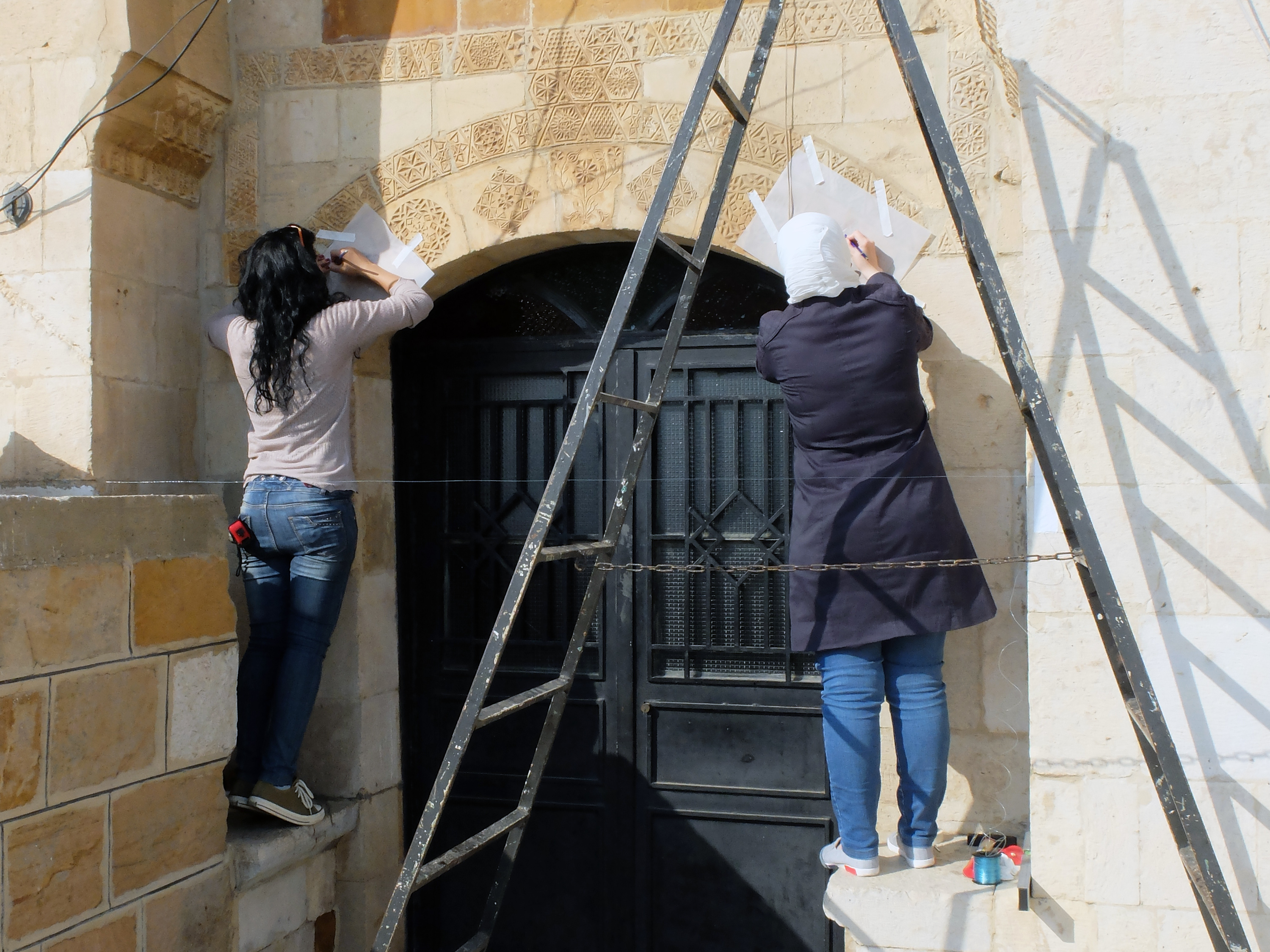
The measure is conducted in the framework of “Stunde Null” is coordinated by DAI in cooperation with the project „Emergency Safeguarding of the Syrian Cultural Heritage“ of the UNESCO Field Office Beirut and the Arab Center for Architecture in Beirut.

The master programme „Architectural Conservation“ at German Jordanian University in Amman was implemented in 2016. The course of study enables Jordanian students and Syrian refugees to acquire an academic qualification in the fields of building research, preservation of historical monuments and cultural heritage.
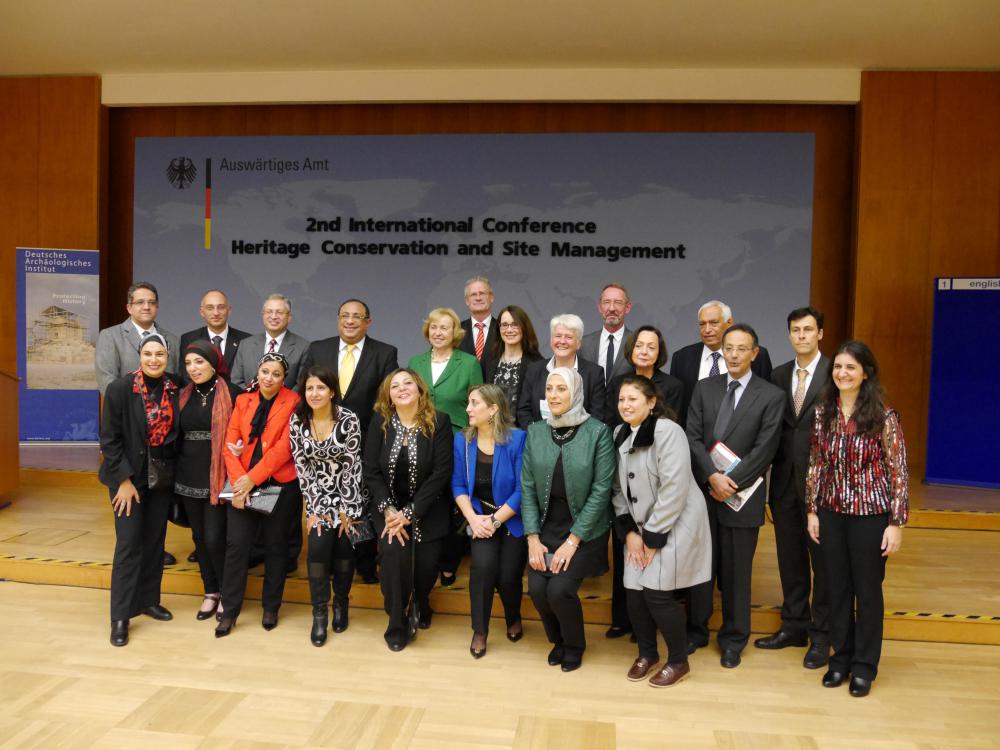
Considering the immense challenges of cultural heritage protection and preservation in conflict regions, it is of great importance to ensure the education of young trained specialists in a timely fashion. This is the aim of the Joint Master „Heritage Conservation and Site Management“ at BTU Cottbus-Senftenberg in cooperation with Helwan University (Cairo), which are supported by the German Archaeological Institute and the Egyptian Supreme Council of Antiquities.
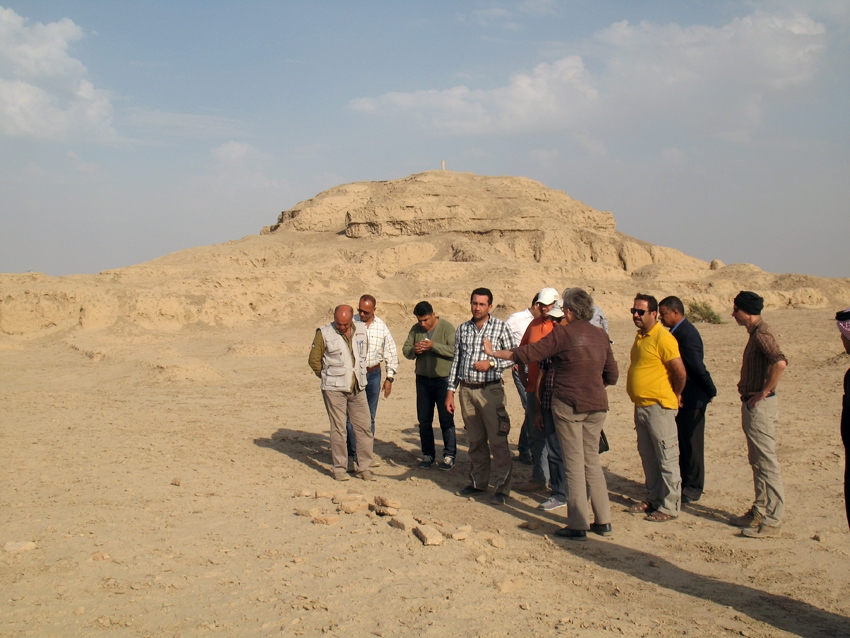
At the German Archaeological Institute the “Iraqi-German Summer Programme” is conducted since several years. The programme is adressed to students and practitioners and is conducted in collaboration with academic and non academic partners. Due to the great demand the programme is being expanded to a German-Iraqi Center for the training of cultural heritage experts.
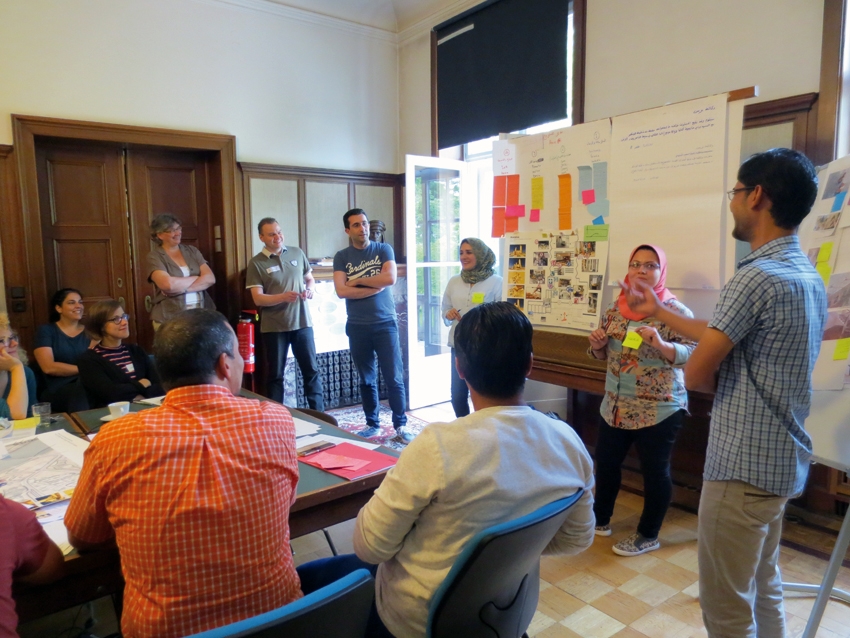
The training programme is adressed to young professionals (archaeologists, architects) of the Iraqi antiquity service. The programme is coordinated and organised in south Iraq by the Bagdad office of the Orient Department at the German Archaeological Institute.
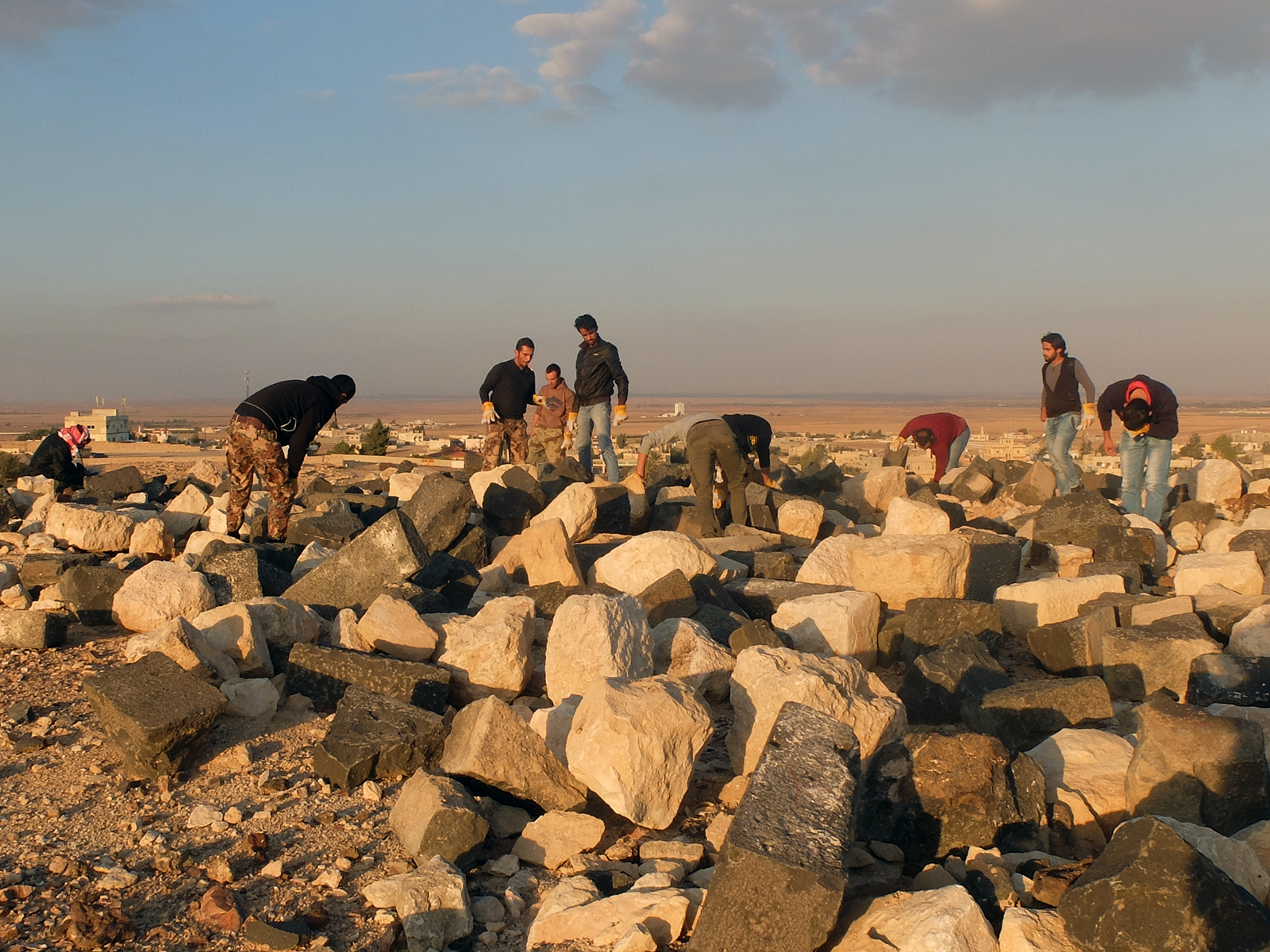
Aim of the training course is the practical implementation of theoretical knowledge on the example of important monuments in Jordan. The trainings are supported by “Stunde Null – A Future for the Time after the Crisis” and are adressed to Jordanian students and Syrian students, living in Jordan. The trainings are implemented at the University of Jordan (JU) and the German Jordanian University (GJU).
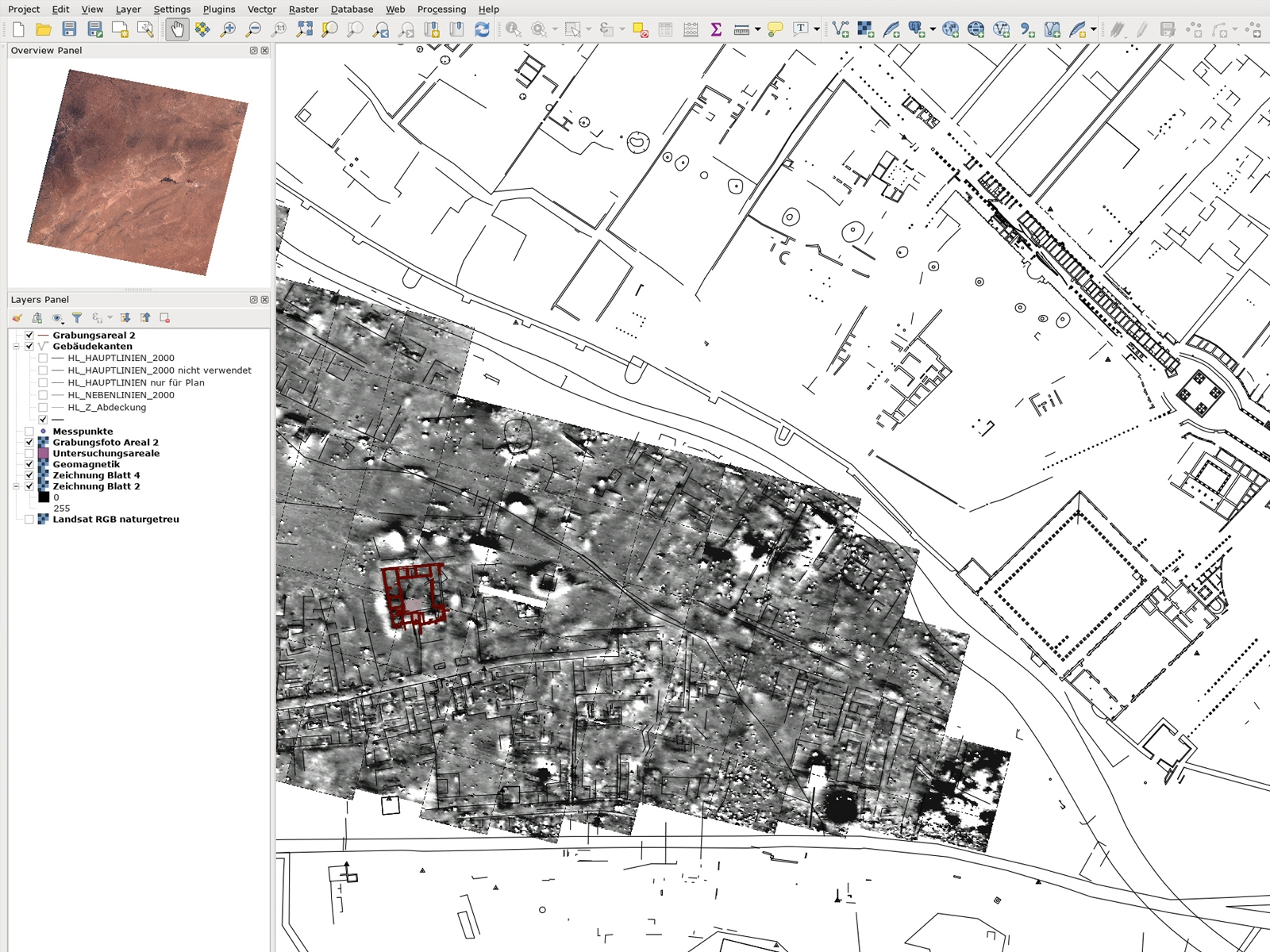
The measures defined within the “Stunde Null – A Future for the Time after the Crisis” project are implemented by the IT-office of DAI in cooperation with the UNESCO Beirut Field Office. They are based on the pool of information of the Syrian Heritage Archive Project (SHAP), a joint project of the “Museum für Islamische Kunst” (SMP-SPK) and DAI, as a essential foundation for every form of damage assessment and planing work to prepare reconstruction work and the protection of cultural heritage.
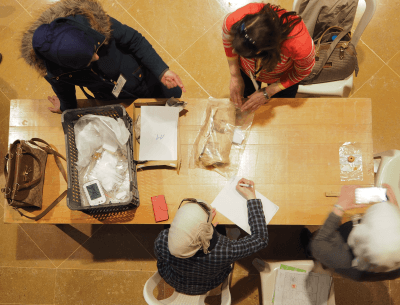
In February 2018 University of Applied Sciences Berlin (HTW-Berlin) offered a 5-day training course for Syrian conservators and museums staff in cooperation with the UNESCO Field Office Beirut. The programme includes basic preventive conservation techniques, as there are packing, transport and storage exercises. Furthermore, it offers documentation and monitoring skills, all with a specific focus on evacuated collections.
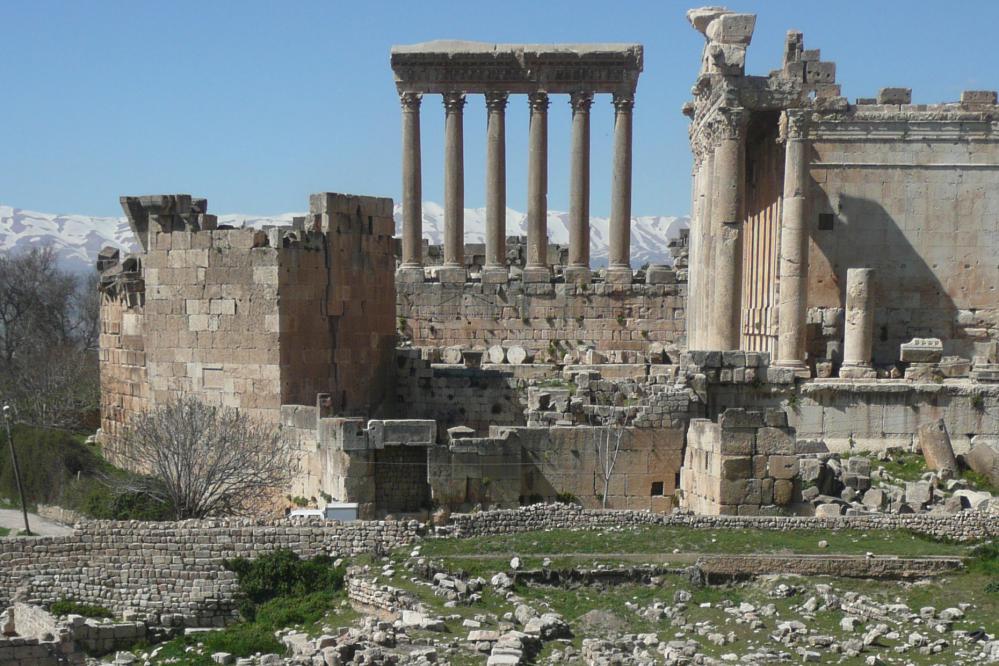
The training programme regarding architectural preservation and the presentation of archaeological architecture was conducted in the framework of “Stunde Null – A Future for the Time after the Crisis” from 2016 to 2018.
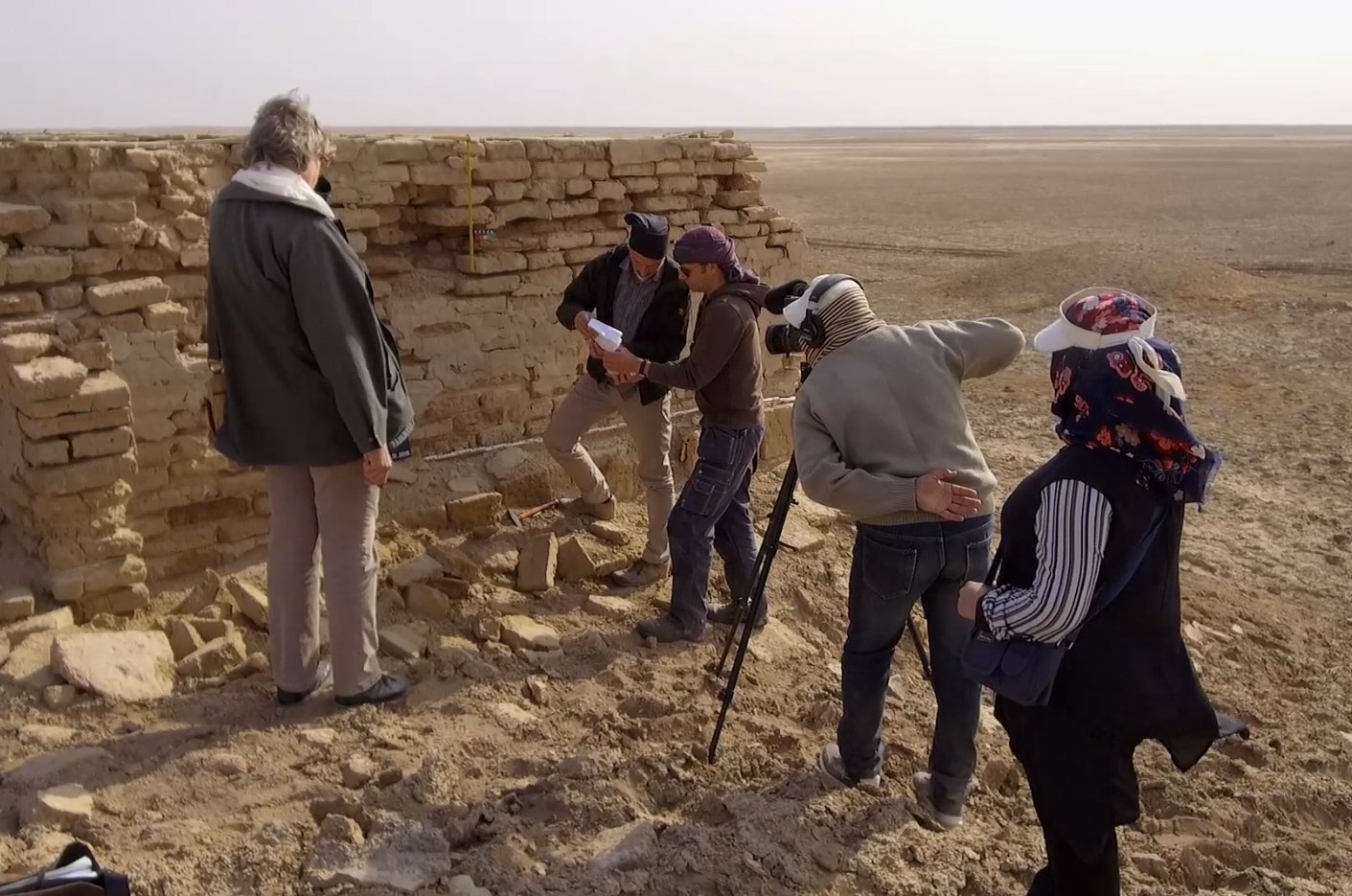
The training course on how to make making a documentary film as part of the project “Stunde Null – A Future for the Time after the Crisis” aims to teach the documentary film techniques used for the mediation of issues such as cultural heritage, archaeological research and preservation. In Baalbek (Lebanon), Syrian refugees and local trainees, guided by Lebanese and German experts made a documentary film about the archaeological site and current preservation measures. In Uruk (Iraq) training was provided for Iraqi trainees by Iraqi and German experts.
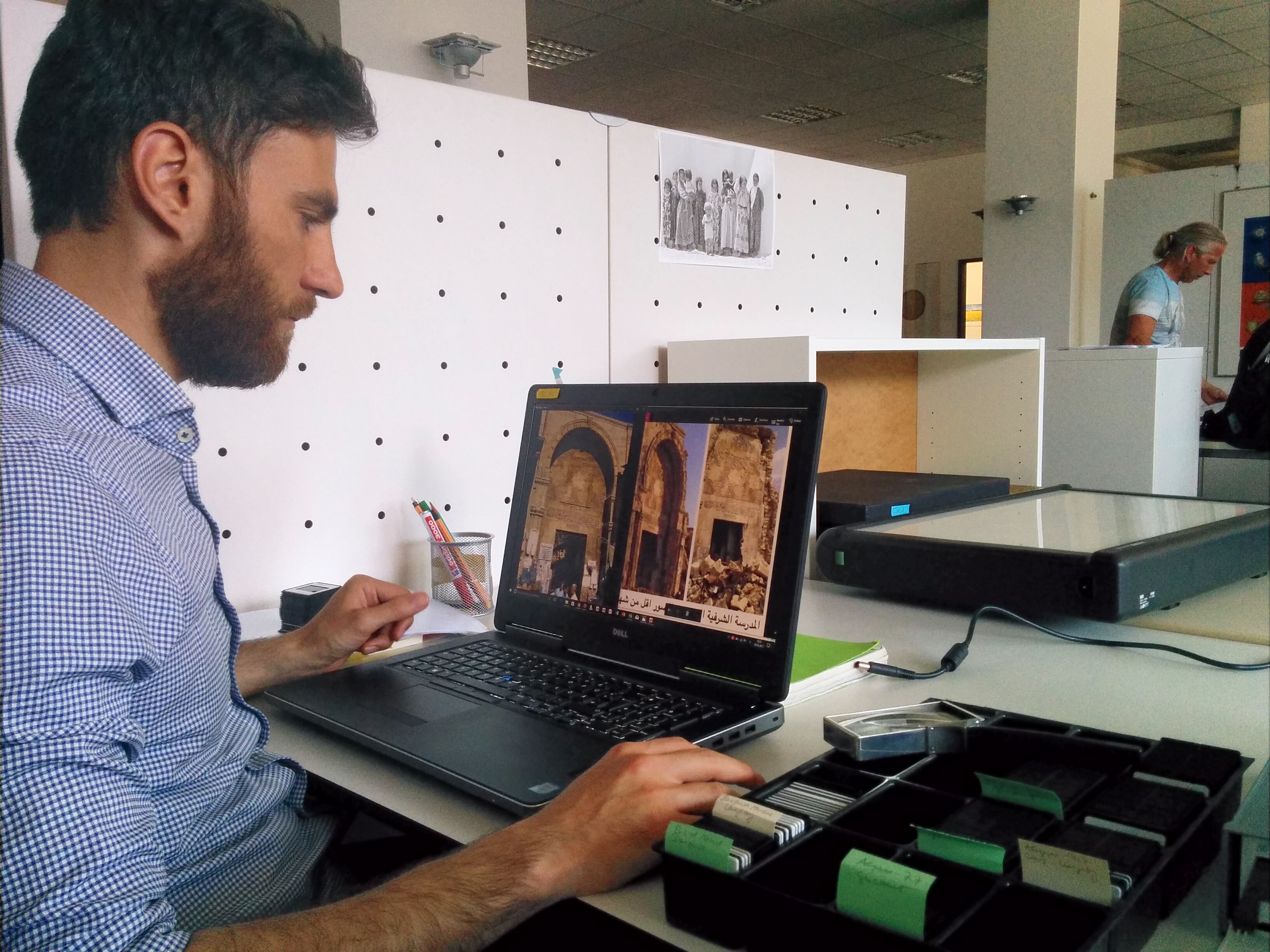
The project related to damage assessment builds directly upon the existing important archive data bank of the Syrian Heritage Archive Projects (SHAP), a cooperation project between the Berlin Museum of Islamic Art and the German Archaeological Institute, which made it possible to digitise, since autumn 2013, over 120,000 photographs, plans and maps of Syrian cultural objects funded by the German Federal Foreign Office.